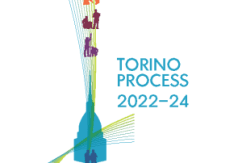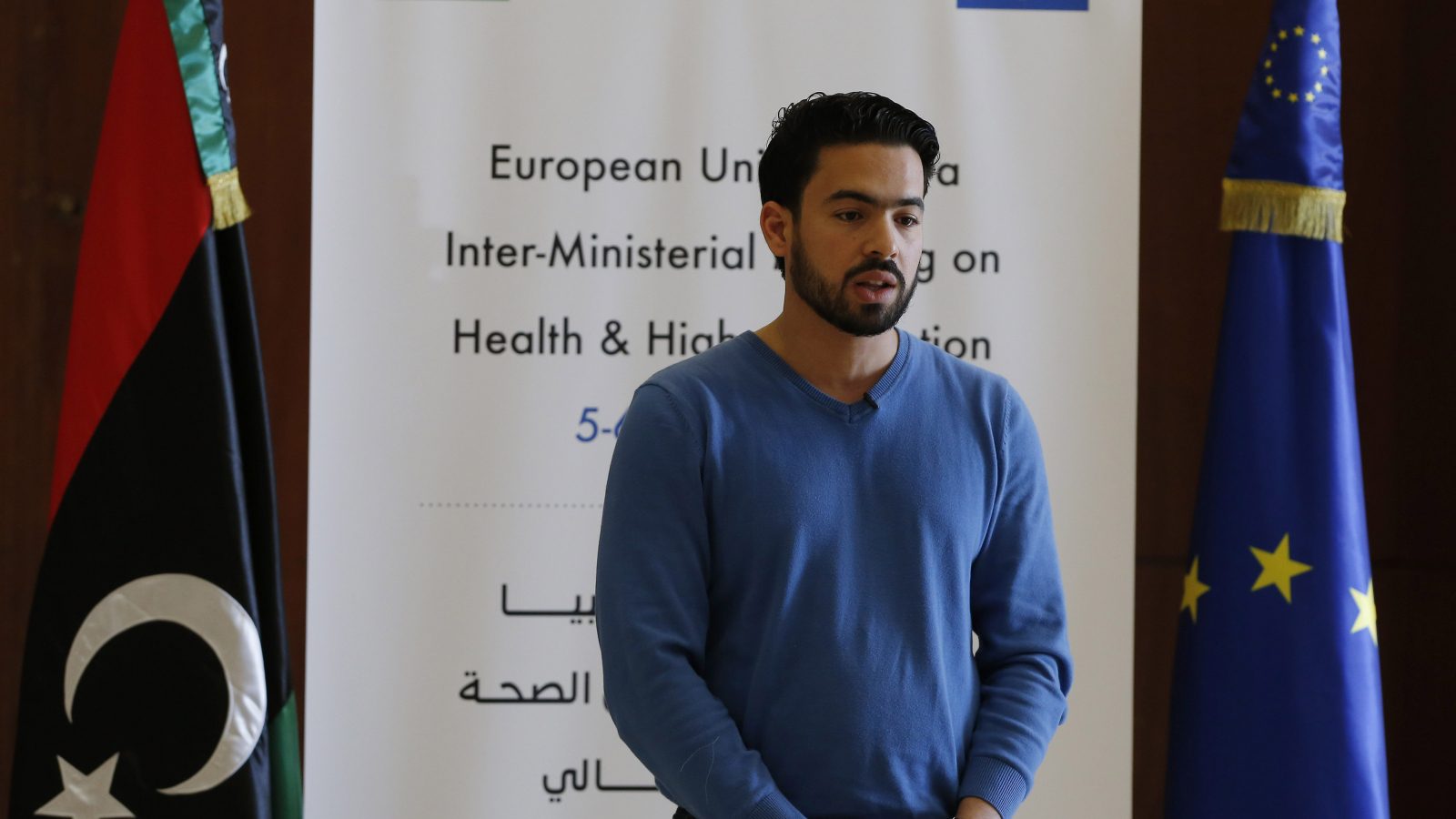New horizons for Libya’s health sector
Six years of armed conflict and political instability have affected almost every part of Libya, claiming thousands of lives and leaving thousands more injured. Beyond the immediate casualties, the ongoing insecurity and violence has disrupted access to public utilities and services, with a dramatic impact on public health facilities.
According to the World Health Organisation (WHO) 2017 response plan for Libya, around 1.3 million people have limited access to health care services and resources. Forty-three out of 98 hospitals assessed by the WHO are either partially functional or not functional at all, due to an acute shortage of life-saving medicines, medical supplies and equipment, along with critical shortages of human resources. These shortages are more pronounced at the primary care level, says the WHO: “As a consequence, referral and tertiary hospitals are overloaded with patients seeking help for common illnesses, and are unable to meet the demand.”
This is the challenge that the EU is trying to meet, supporting Libya in its efforts to improve the efficiency, effectiveness and quality of health service delivery across the country, with a series of ongoing programmes worth almost €15 million.
These programmes were at the heart of discussions held in Tunis on 5-6 April, as officials from Libya and the EU met to discuss improvements in primary and maternal child health care, psychological support services and mental health, and non-communicable disease management.
Doctors, specialists and medical students were given the chance to provide their opinion and discuss their vision through presentations about the challenges and proposed solutions to improve health delivery in Libya.
Primary health care, maternity and neonatal health
Salem Shenisheh, one of the young participants at the meeting, is a doctor, a PhD student and one of the beneficiaries of the EU’s reform of the health sector, and in particular a four-year project to strengthen strategic planning, financing and management of health service delivery and human resources through targeted reforms.
“This project will help us improve our daily performance as doctors and increase our knowledge, which will be a rewarding thing for the whole society” said Dr. Shenisheh.
Shenaisheh expressed his excitement at being a part of the project, saying it gave him the chance as a doctor and a student to participate in the process of raising the performance of the health sector. Through connecting different beneficiaries to the Ministry of Health, the project is able to set up priorities and put plans into action that will be implemented in the near future so that health services can reach all Libyan citizens.
Many lives could be saved by improving the quality of maternal and neonatal care and quality of services through a training of trainers, said Dr. Suhair Bek Derna, Chair of the Maternal Health Working Group of the Ministry of Health. And Dr. Muneera Aldughri, Head of Maternal and Child Health in the Primary Health Care Directorate, added that by focusing on the health of mothers and children, the number of deaths could be limited, and care improved in all other health sectors. “We will be able to provide medicine and health products in primary health centres, improve the quality of services provided by doctors and nurses through the trainings and capacity building, in order to provide better quality services to Libyans” said Aldughri.
Another of the projects, which is being implemented by the World Health Organisation, is strengthening the Health Information System and Medicines Supply Chain Management. This project aims to sustain high quality health services in Libya. Through this project, the EU will rehabilitate warehouses that stock medicine across the country so that practitioners and patients can access medications in a timely fashion, according to Bettina Muscheidt, the Head of Delegation of the European Union to Libya.
Psychological support services and mental health
As for the psychological support services and mental health, Khaled Hamidi, executive manager of the Psychological Support Team NGO, explained the importance of giving more attention to the issue, highlighting the rise of armed conflict in Libya, which he says has harmed Libyans’ psychological health.
In 2011, there were only 12 psychiatrists in all of Libya, according to Hamidi, and at a time when the country was going through a dramatic rise in violence, depression, post-traumatic stress disorders and trauma. In fact, this sector faces a huge shortage of facilities, medication and human resources. Approximately one percent or less of total health expenditure is are targeted on this sector. Therefore, there is a call for action for a multi-sectoral approach for mental health and psycho-social support in Libya, according to Dr. Amjad Shagroni, focal point for Mental Health at the National Centre for Disease Control.
The role of the EU is crucial in supporting mental health and wellbeing to overcome these challenges. “The conflict has brought with it trauma,” said Bettina Muscheidt. “And trauma can only be addressed by improving services on the side of mental health care and psycho-social care.”
Non-communicable disease management
In terms of non-communicable diseases, cancer is the third-leading killer in Libya with 6,000 cases diagnosed in 2016, according to Dr. Ismail Siala. A large factor in the prominence of cancer-related deaths is late diagnosis and lifestyle changes linked to limited physical activity and weight gain. The answer to the challenge lies in early detection and diagnosis, effective treatment, adherence to standards and protocols, and availability of cancer medicines. Nearly 45 percent of deaths in Libya are related to cardiovascular diseases. Therefore, by improving health services, there is a chance of a better quality of life.
As for EU support and ongoing projects, the overall objective is to improve the efficiency, effectiveness and quality of health service delivery in Libya.
“We, as EU, will make sure on our side that there is no health intervention in Libya happening outside of coordination mechanisms led by the Ministry of Health. As co-chair of the Health Sector Committee we will continue to strengthen coordination and pursue meaningful dialogue with our Libyan counterparts creating synergies between the different coordination platforms established in Tunisia and Libya.”
Text by Racha Haffar
Photos by Mohamed Messara



































